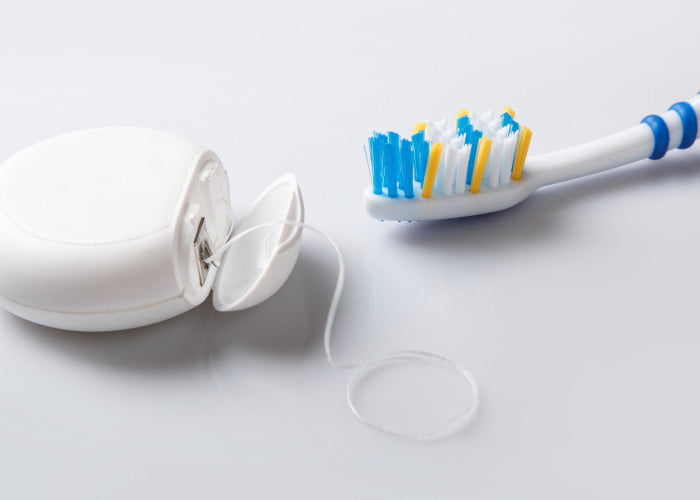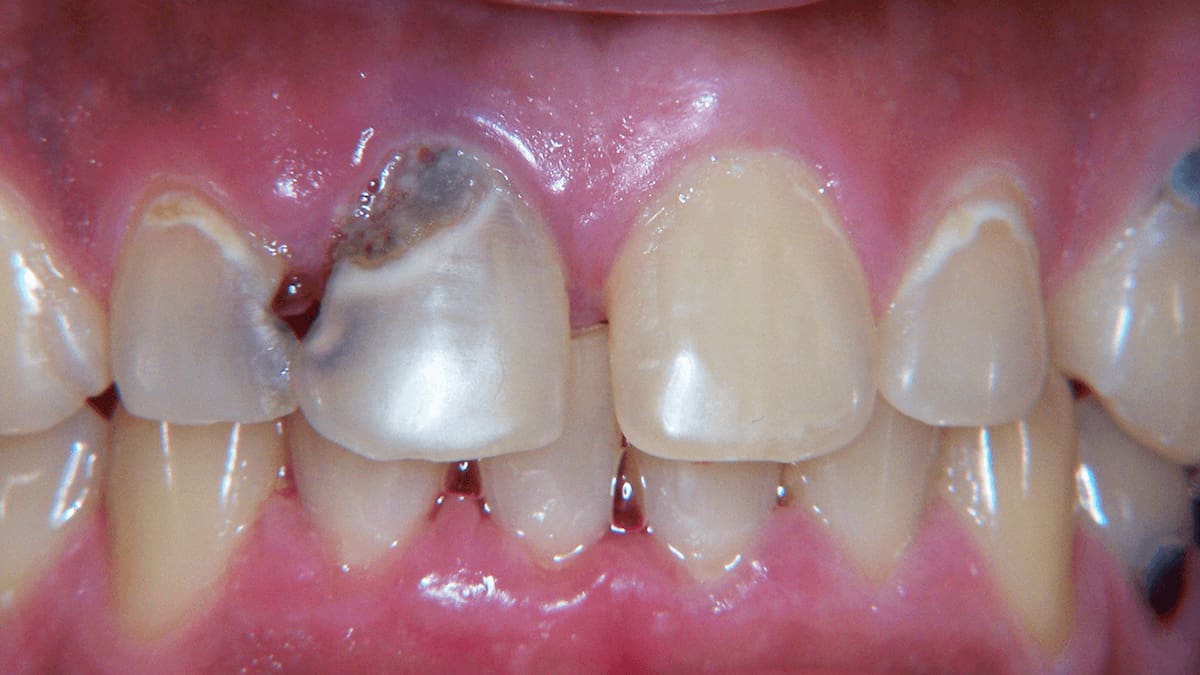Cavities on front teeth can be a common dental concern, affecting both children and adults. These cavities, also known as dental caries, can cause significant discomfort and aesthetic concerns. Understanding the causes, symptoms, and treatment options for cavities on front teeth is essential in maintaining optimal oral health. In this article, we delve into the specifics of cavities on front teeth, highlighting the importance of early detection and prevention.
How Cavities Form
Cavities on front teeth can be a common dental issue, but how do they form? Cavities, also known as dental caries, are caused by a combination of factors, including bacteria, sugary and acidic foods and drinks, and poor oral hygiene.
When bacteria in the mouth feed on sugar and produce acid, this acid can erode the enamel on the teeth, creating small holes or cavities. Over time, these cavities can grow larger and deeper, affecting the underlying layers of the tooth and causing pain and sensitivity.
Causes of cavities in the front teeth
Cavities in the front teeth can be attributed to several factors. Understanding the causes behind these dental caries is crucial for effective prevention and treatment. Here are some key factors that contribute to the formation of cavities in the front teeth:
Inadequate brushing and flossing
One of the primary causes of cavities on front teeth is inadequate brushing and flossing. When you don’t brush and floss regularly, plaque can build up on your teeth. This plaque can then harden into tartar, which can erode the enamel on your front teeth and cause cavities.
See more: How to stop cavity from growing?
-

Inadequate brushing and flossing
Too many sugary or acidic foods or drinks
Another cause of cavities on front teeth is consuming too many sugary or acidic foods or drinks. These dietary choices can have a detrimental effect on your dental health by increasing the acidity levels in your mouth.
The high sugar content in these foods and drinks acts as fuel for harmful bacteria, leading to the production of acids that erode the protective enamel of your teeth, ultimately resulting in the formation of cavities. It is essential to be mindful of your intake of sugary and acidic substances to prevent cavities on your front teeth and maintain optimal oral health.
-

Too many sugary or acidic foods or drinks
Skipping regular dental check-ups
Skipping regular dental check-ups is a significant risk factor for developing cavities on the front teeth. These routine appointments play a crucial role in maintaining optimal oral health.
During dental check-ups, dentists thoroughly examine your teeth, gums, and mouth, enabling them to detect cavities in their early stages. Early detection allows for prompt treatment, preventing the cavities from progressing into more serious dental issues.
-

Skipping regular dental check-ups
Signs and symptoms of front tooth cavities
Being aware of the signs and symptoms of cavities in the front teeth is essential for early detection and timely treatment. By recognizing these indicators, you can take proactive steps to address the issue and prevent further dental complications. Here are some common signs and symptoms to look out for:
- Tooth Sensitivity: Increased sensitivity to hot or cold temperatures is a common sign of cavities on the front teeth. You may experience discomfort or a sharp, fleeting pain when consuming hot or cold foods and beverages.
- Toothache or Pain: Cavities can cause persistent toothaches or localized pain around the affected front tooth. The pain may range from mild to severe and may worsen when biting or chewing.
- Visible Holes or Pits: Cavities often manifest as visible holes or pits on the surface of the front tooth. These may appear as dark spots or areas of discoloration, indicating decay and erosion of the enamel.
- Tooth Discoloration: Front tooth cavities can cause noticeable discoloration, ranging from white spots to dark stains on the tooth surface. Changes in color are indicative of enamel damage and the presence of decay.
- Bad Breath or Unpleasant Taste: Cavities can create an environment where bacteria thrive, leading to persistent bad breath or an unpleasant taste in the mouth. These oral symptoms may accompany front tooth cavities.
Filling cavities on front teeth
If you have a cavity on your front tooth, your dentist may suggest a filling as the recommended treatment. This process involves the removal of the decayed portion of the tooth, followed by filling the space with a suitable material like composite resin or porcelain.
These materials are skillfully color-matched to blend seamlessly with your natural tooth shade, ensuring an aesthetically pleasing result. The filling procedure is typically completed in a single dental visit, and it is generally straightforward and painless.
Read more: Wisdom tooth cavities: Identifying the signs and symptoms
How can I prevent a front tooth cavity?
Preventing a front tooth cavity starts with good oral hygiene practices such as brushing twice a day with fluoride toothpaste and flossing daily. You should also limit your intake of sugary or acidic foods and drinks and visit your dentist regularly for check-ups and cleanings.
Contact Dentist For Life for cavity treatment
If you suspect a cavity on your front tooth, it is crucial to seek treatment from a qualified and experienced dentist. At Dentist For Life, our dedicated team of dental professionals is committed to helping patients achieve optimal oral health and maintain beautiful, healthy smiles throughout their lives. We provide a comprehensive range of services for treating cavities on front teeth, including fillings, crowns, and veneers.
Our state-of-the-art facility is equipped with the latest technology and advanced equipment to ensure the highest quality of care. We prioritize patient comfort and strive to create a relaxed and stress-free environment during every visit. Our skilled dentists will assess your specific needs and recommend the most suitable treatment options to address your cavity effectively.
Conclusion
cavities on front teeth can be caused by a range of factors, including poor oral hygiene, sugary or acidic foods and drinks, and skipping regular dental check-ups. If you suspect you have a cavity on your front tooth, it’s important to contact your dentist right away to prevent further damage and restore your dental health. Treatment options may include fillings, crowns, or veneers, depending on the severity of the cavity.



